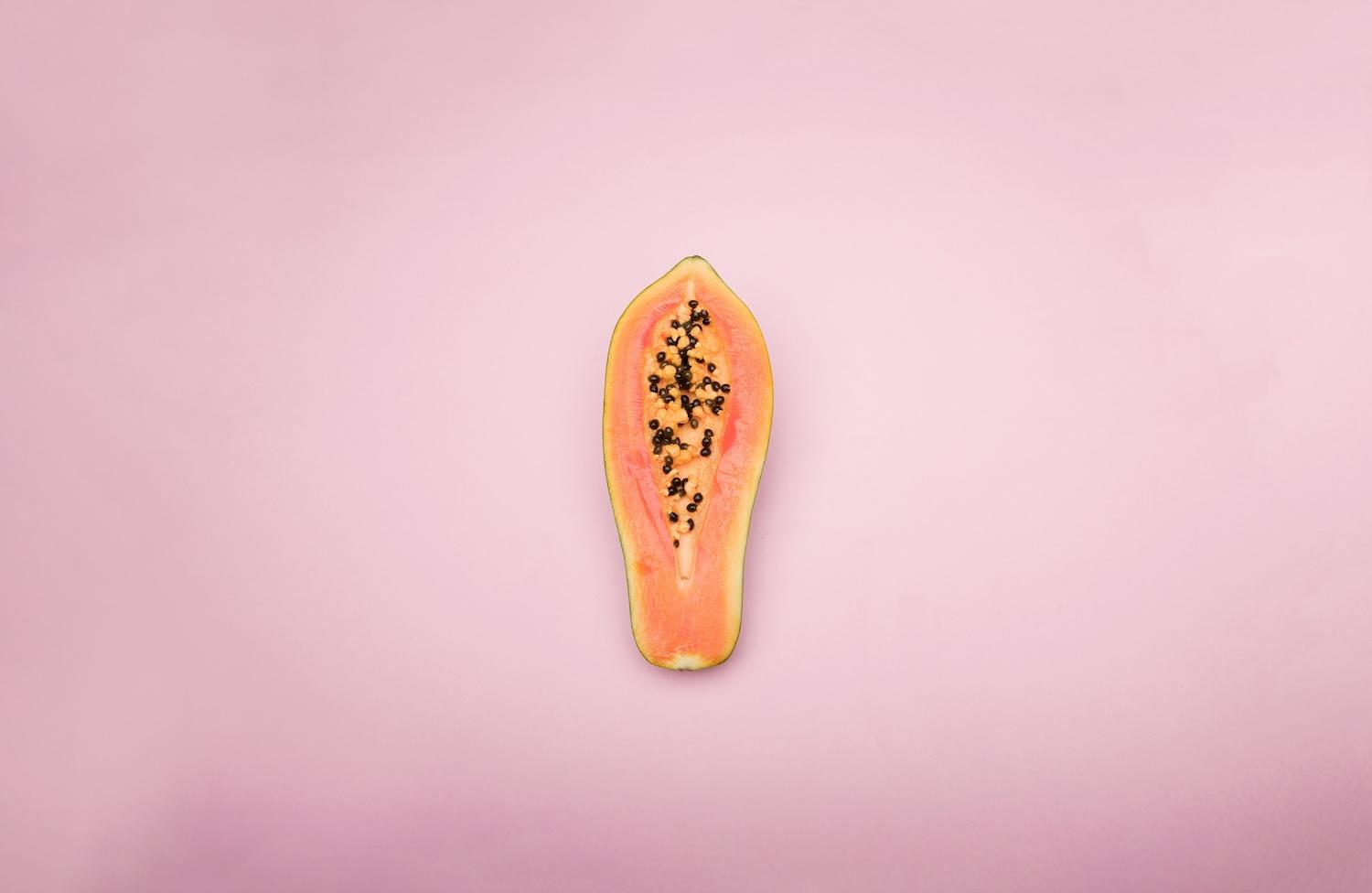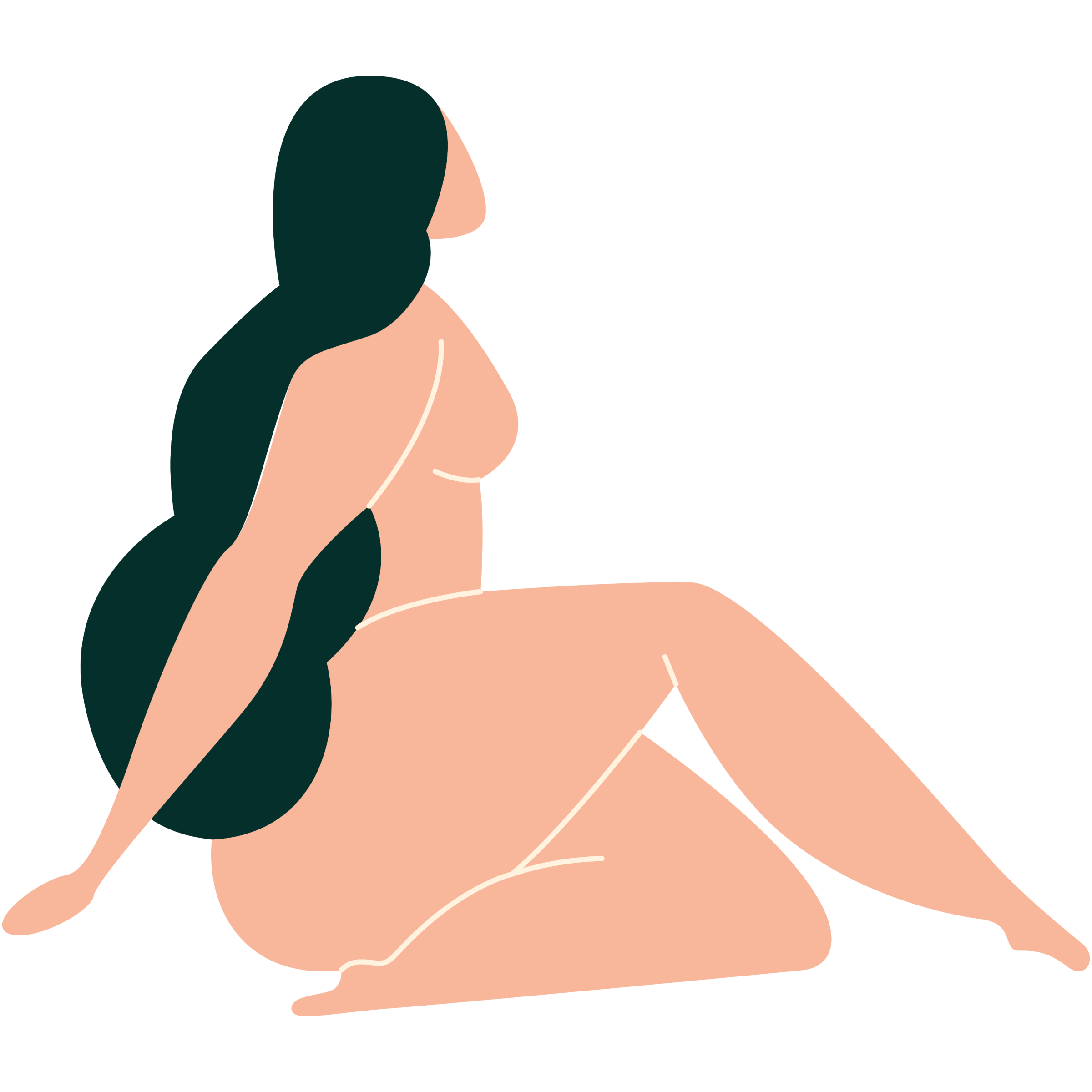
Body
Get to know your body through a better understanding of your anatomy and find the answers to some of your most common questions.
Back
All topics
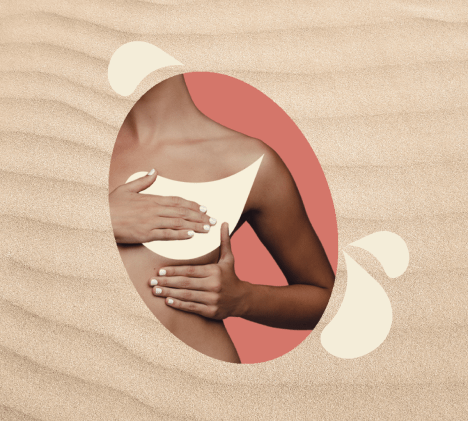
4 resources

20 resources

6 resources
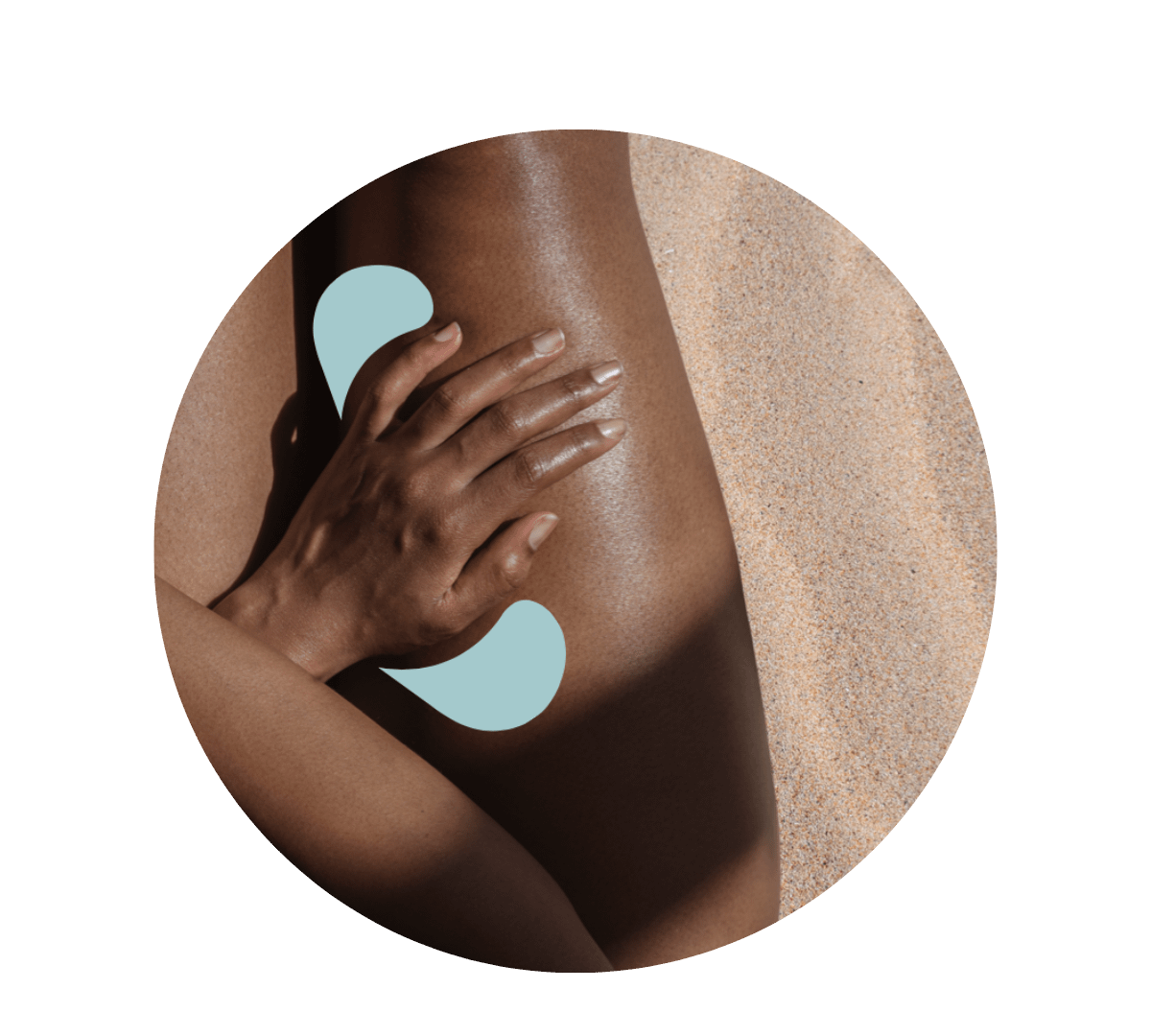
4 resources

6 resources
Back
All topics

9 resources

12 resources

4 resources

11 resources

2 resources
Back
Back
All topics

17 resources

11 resources
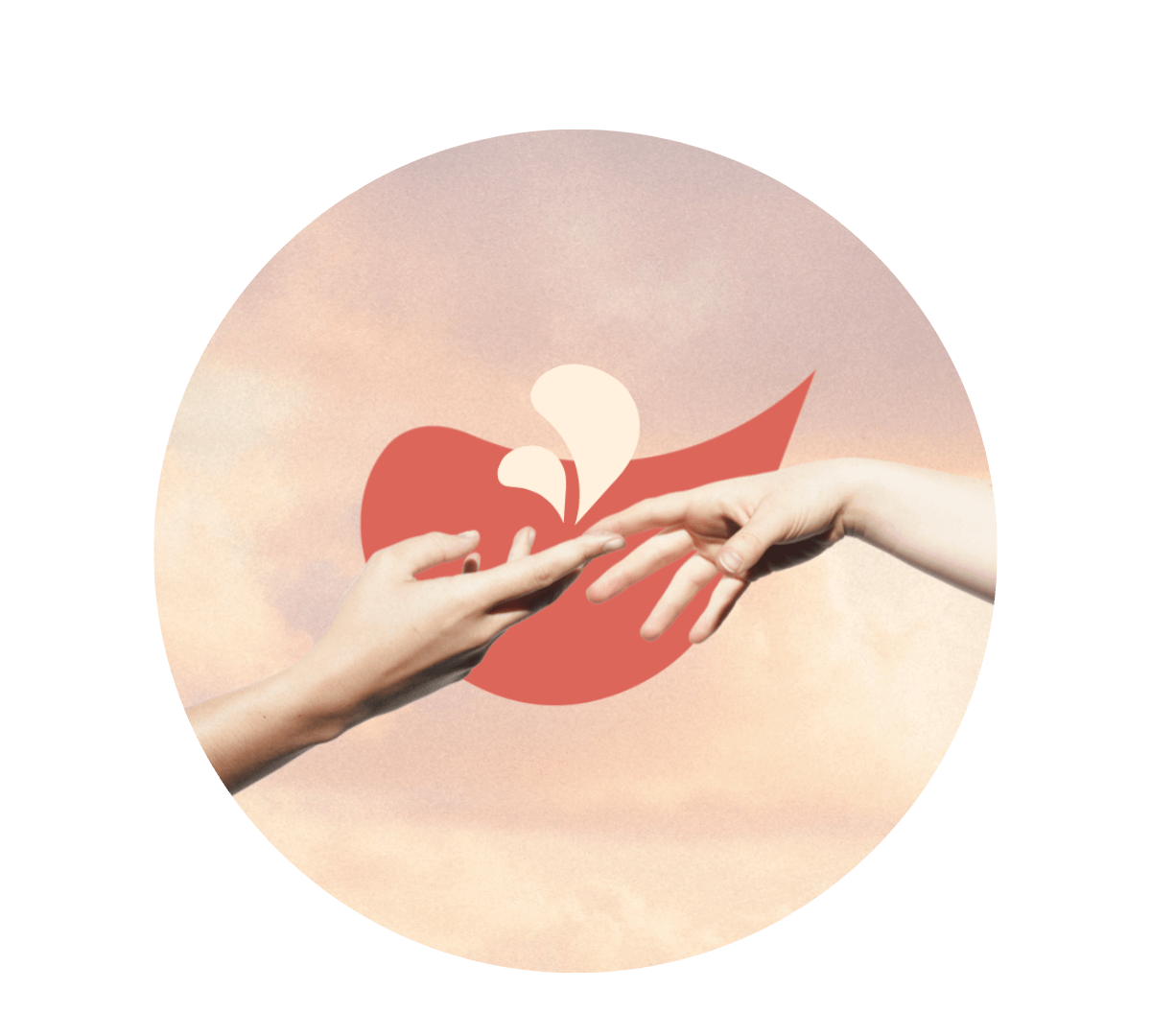
17 resources

2 resources

Mauj Products
We’ve designed our products to help you explore your body, solo or otherwise. Whether you’re a curious novice or a seasoned explorer, this is for you.
Back
All topics

4 resources

20 resources

6 resources

4 resources

6 resources
Back
All topics

9 resources

12 resources

4 resources

11 resources

2 resources
Back
Back
All topics

17 resources

11 resources

17 resources

2 resources

Mauj Products
We’ve designed our products to help you explore your body, solo or otherwise. Whether you’re a curious novice or a seasoned explorer, this is for you.

Welcome to the first installment in our series on the different stages of the menstrual cycle. In this resource, we’re diving deeper into the first stage, aka menstruation or your Inner Winter. We'll be breaking down what happens and how it affects your body and sharing tips to help you navigate this time of the month.
This phase starts on day 1 of your cycle and typically lasts until day 7 in an average cycle of 28 days.
Estrogen and progesterone levels drop significantly.
These are your “period” days where you shed the lining of your uterus, along with the unfertilized egg and mucus.
In addition to your bleed, you may experience menstrual cramps, also known as dysmenorrhea, caused by the uterus contracting to help shed its lining.
Lower hormone levels can make you feel more tired and prone to headaches during this time. They also cause water retention, which can lead to bloating and discomfort.
Hormonal fluctuations can lead to mood swings, irritability, and heightened sensitivity.
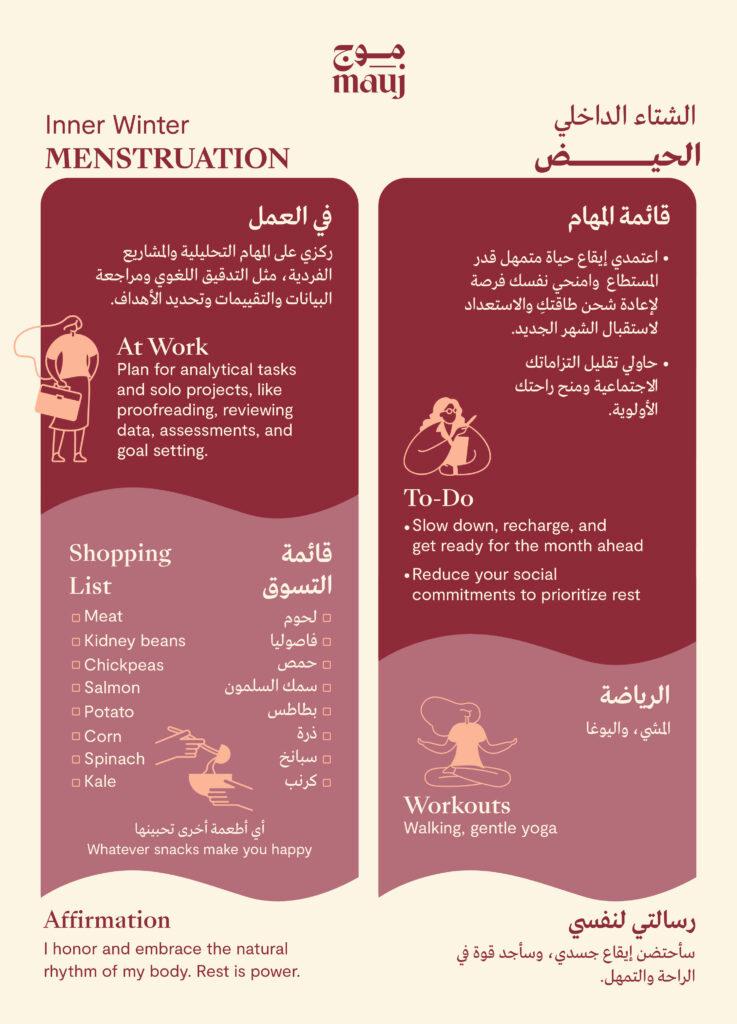
Research shows that, as women, our hormonal cycles have a direct influence on our mood, energy, and creativity.
This means that we can (and should) plan our food and exercise differently, depending on each phase of our cycle.
Here are a few tips to help you make the most of – or simply navigate – the hormonal fluctuations you’re experiencing during this phase of your cycle.
Self
This phase is all about slowing down. It's perfect for cozy nights in, journaling, reflecting, and going inwards. Give yourself full permission to recharge so you can be ready for the month ahead.
Relationships
You might not feel like a social butterfly during your menstruation, so try to reduce your social commitments and prioritize rest.
Work
It can be tricky to juggle deadlines and focus on team-leading activities during this phase. Instead, plan for analytical tasks and solo projects, like proofreading, reviewing data, assessments, and goal setting.
Exercise
Focus on restorative workouts, like walking or gentle yoga. Keep your workouts relaxed, even if you’re not feeling discomfort or pain.
Food
It’s important to eat adequate calories. Make sure to get plenty of protein and healthy fats during your bleed, which will help with hormone production. Foods that help maintain your iron levels, like red meat and kidney beans, are helpful now too.
Your body is unique, and what works for someone else might not work for you. So, pay attention to how your body feels, track your cycle, and adjust your self-care routine accordingly. If you ever have questions or worries about your cycle, don't hesitate to reach out to a doctor for guidance.
Did you find the answer you were looking for? Is there something we missed? What did you think of this resource? We want to hear from you.

